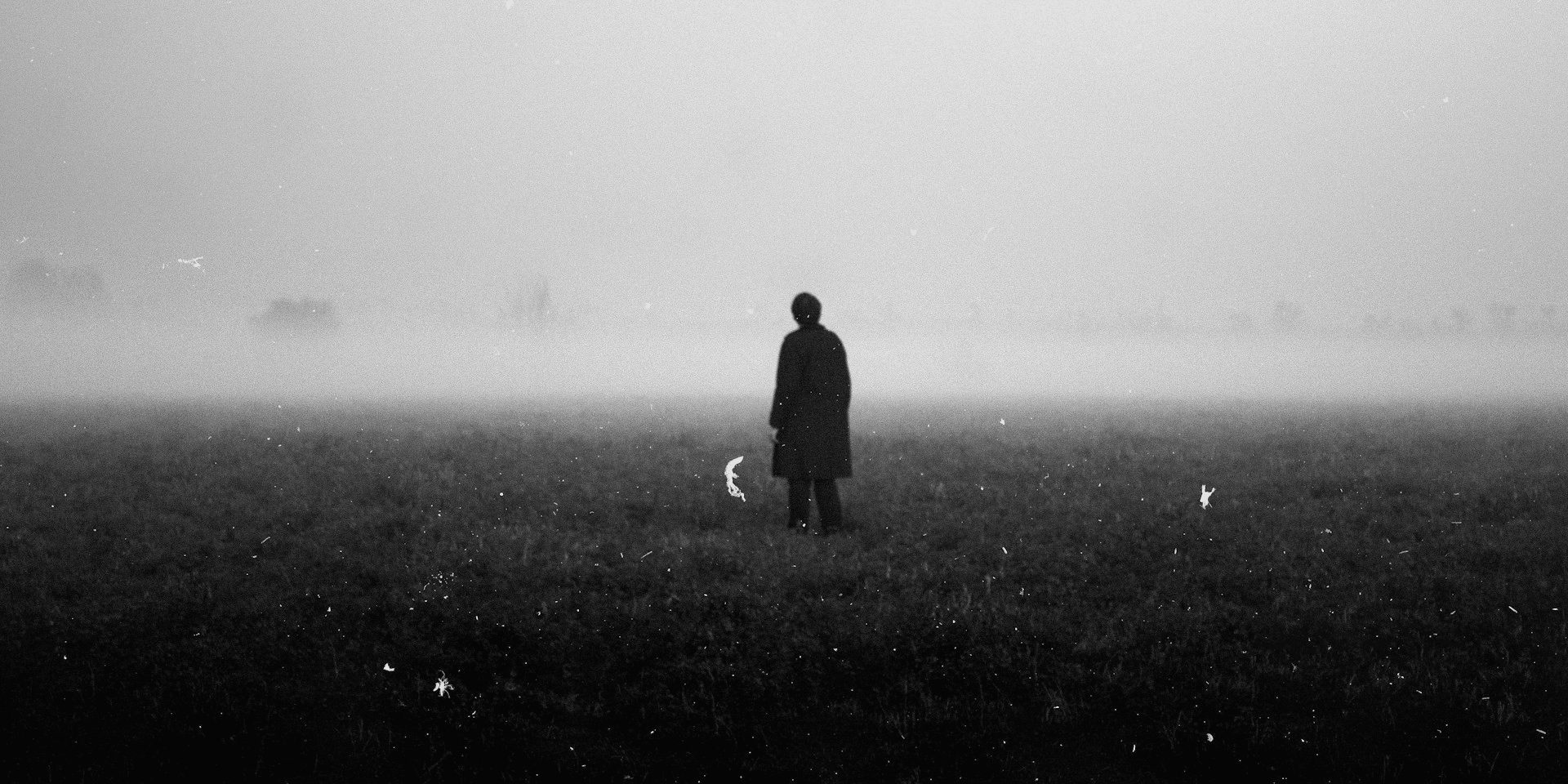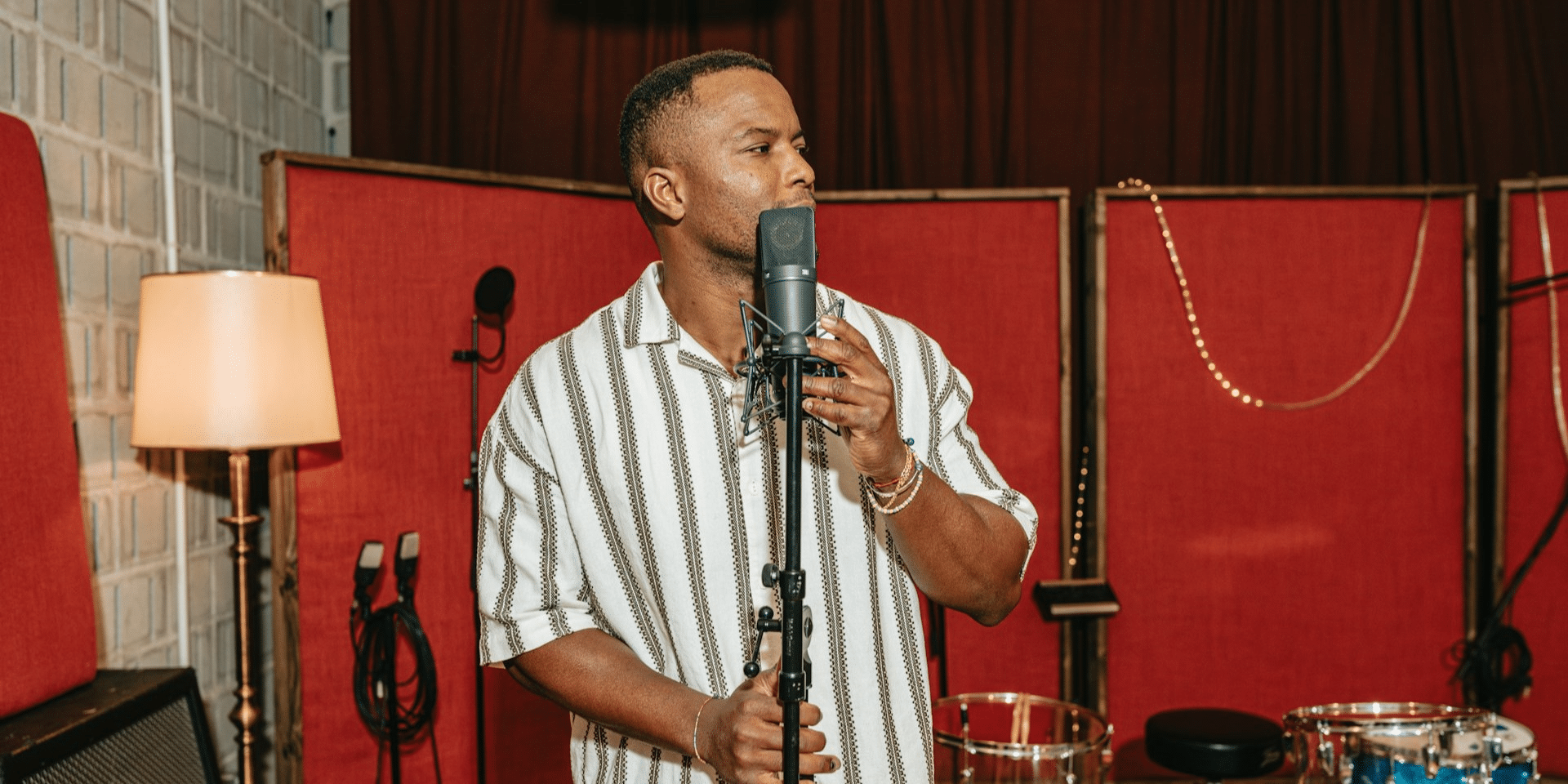Producing songs for fellow artists is a fascinating and intricate process that combines creativity, technical skills, and collaboration. This article explores the various stages and considerations involved in producing songs for other artists, offering insights into the methods and practices that ensure successful outcomes. Understanding this process can provide valuable knowledge for aspiring producers and musicians alike.
The Role of a Music Producer
A music producer plays a crucial role in shaping the creative vision of a song. They collaborate with artists to understand their style, preferences, and objectives. This involves discussing the mood, theme, and desired sound of the track. By aligning on a creative direction, the producer ensures that the final product reflects the artist’s vision while adding their unique touch.
Producers bring technical expertise to the table, handling various aspects of recording, mixing, and mastering. They are proficient in using digital audio workstations (DAWs), sound engineering, and audio editing software. This technical knowledge is essential for creating high-quality recordings and achieving the desired sound.
Pre-Production Phase
The pre-production phase often begins with songwriting and arrangement. Producers may work with artists to write new material or refine existing compositions. This stage involves structuring the song, determining the arrangement, and deciding on elements such as verses, choruses, bridges, and hooks. Collaboration is key, as producers need to balance their input with the artist’s creative intent.
Creating a demo recording is an essential step in pre-production. This rough version of the song helps producers and artists evaluate the arrangement and make necessary adjustments. Demos can be recorded using basic equipment and software, allowing for experimentation with different sounds and ideas before moving to the studio.
Production Phase
The production phase typically takes place in a recording studio, where high-quality equipment and acoustics are available. Producers oversee the recording process, ensuring that each element of the song is captured with precision. This includes recording vocals, instruments, and any additional elements such as backing vocals or effects.
Layering involves adding multiple tracks and sounds to create a rich and full composition. Producers experiment with different sounds, textures, and effects to enhance the song’s depth and complexity. Sound design is also crucial, as it involves shaping and manipulating sounds to achieve the desired aesthetic.
Post-Production Phase
Mixing is a critical stage in song production, where producers balance and blend all the recorded elements. This process includes adjusting levels, panning, equalization, and adding effects such as reverb and delay. The goal is to create a cohesive and polished sound that highlights the best aspects of the recording.
Mastering is the final step in the production process. It involves fine-tuning the mixed track to ensure it sounds great across all playback systems. Mastering engineers apply compression, limiting, and equalization to enhance the overall sound quality and consistency. The mastered track is then ready for distribution.
Collaboration and Communication
Successful song production relies heavily on strong relationships between producers and artists. Building trust and rapport is essential for effective collaboration. Producers need to be good listeners, understanding the artist’s vision and providing constructive feedback. Open communication and mutual respect are key to achieving a harmonious working relationship.
Producers must manage expectations by setting clear goals and timelines. Regular updates and progress checks help ensure that both parties are aligned throughout the production process. By keeping artists informed and involved, producers can avoid misunderstandings and deliver a final product that meets or exceeds expectations.
Challenges and Solutions
Creative differences are a common challenge in song production. Producers and artists may have differing opinions on various aspects of the song. To overcome this, producers should facilitate open discussions and find compromises that honor the artist’s vision while incorporating their expertise.
Technical issues can arise during recording and production. Producers need to be prepared to troubleshoot problems and find solutions quickly. This includes having backup plans and being proficient in various aspects of sound engineering and equipment management.
Producing songs for fellow artists is a multifaceted process that involves creativity, technical skills, and effective collaboration. By understanding the role of a music producer and the stages of production, aspiring producers and musicians can navigate this complex landscape more effectively. From pre-production to mastering, each phase requires careful attention to detail and a commitment to realizing the artist’s vision. With the right approach, producers can create compelling and successful tracks that resonate with audiences.
















